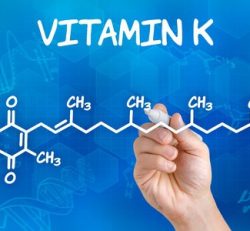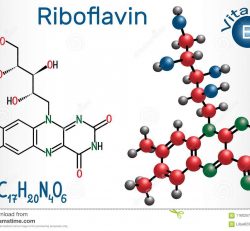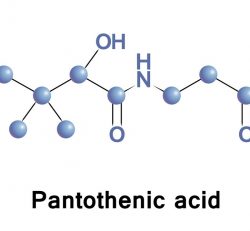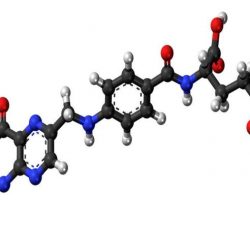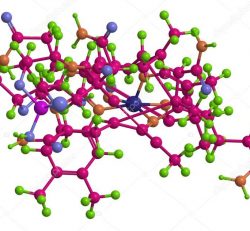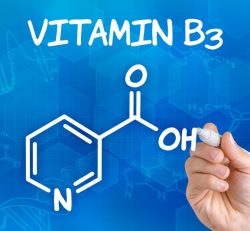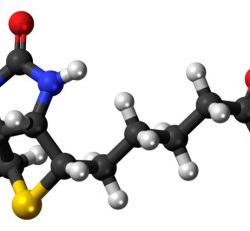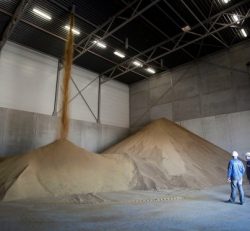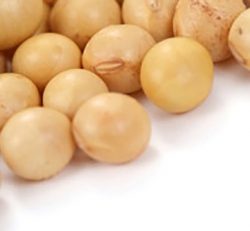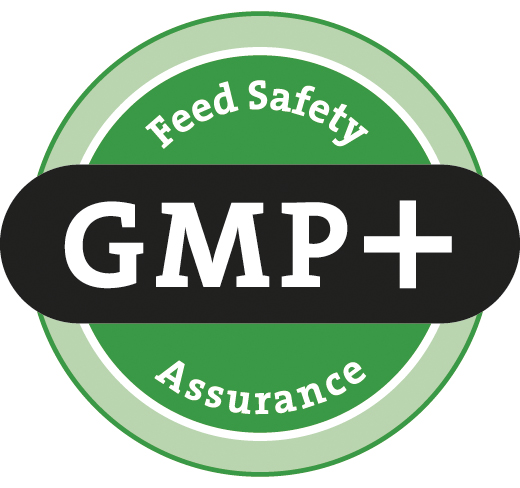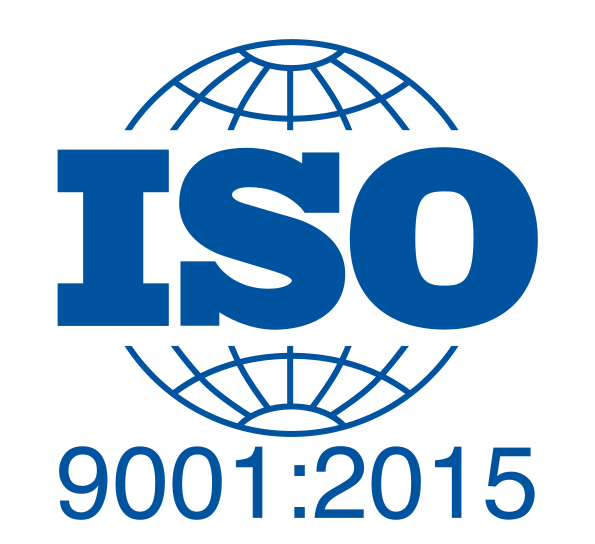HELPING DAIRY COWS COPE WITH THE HEAT
The combination of rising summer temperatures and high levels of humidity can result in reduced feed intake in cows as they react to an uncomfortable increase in body temperature. Immediate distress signs include panting, sweating and standing more than normal. This often leads to cows failing to eat as much as usual, due to the fact that digesting is itself a heat-generating process, especially in ruminants.
Health consequences for dairy cows
In such conditions, a decline in performance can follow rapidly with research records showing that milk yield falls of up to 40% are not uncommon (see Figure 1). Once a cow’s reaction to heat stress takes hold, a whole series of consequential health issues can follow.
Increased standing by stressed cows, sometimes for as much as 60% of the day, has been linked to a subsequent rise in lameness. This is known to be more prevalent in cows which spend in excess of 45% of their time standing, compared to animals which rest normally.
Figure 1 – Impact of heat stress on dairy cows.

Impact on rumen health
The rise in panting, while a natural reaction designed to dissipate heat, also causes problems as the increase in respiratory rate leads to enhanced CO2 being exhaled. This reduces blood CO2 levels, triggering a chain reaction which can make the cow much more susceptible to rumen acidosis.
Rumen health is also affected negatively by the fact that panting cows drool more than normal. This reduces the quantity of saliva that would usually be deposited in the rumen, making digestion less easy.

Immediate heat distress signs include panting, sweating and standing more than normal. Photo: Lesaffre
Feeding strategies
In seeking to manage heat stress in dairy cows, farmers try a range of strategies, such as differing feed regimes, environmental and mechanical strategies and the use of feed supplements.
Useful feeding ideas include:
- altering feeding times to coincide with cooler parts of the day
- giving feed in smaller amounts and increasing the number of feeding times
- making sure high moisture feeds are dispensed before they undergo secondary fermentation, and
- minimising sorting of mixed rations by increasing feed presentation and evaluating particle size.
Useful environmental and technical suggestions include:
- improving roof insulation for summer housed herds to reduce solar penetration;
- increasing the amount of available water;
- installing fans or opening the sides of the barn to increase air flow and
- fitting misters in combination with fans to further reduce temperatures.
Supplement solutions
Useful supplement solutions include adding yeast solutions to diets. According to Valentin Nenov, Phileo’s Global Ruminant Manager, trials with yeast probiotic Actisaf, resulted in improved fibre digestion in heat stressed dairy cows; helped stabilise the rumen and reduced respiratory rates, leading in turn to increased milk and milk solids production. The company has also achieved positive results with its premium yeast parietal fraction, Safmannan, and its selenium-enriched yeast, Selsaf.
Phileo Lesaffre Animal Care
Company profile
Source: www.allaboutfeed.net


